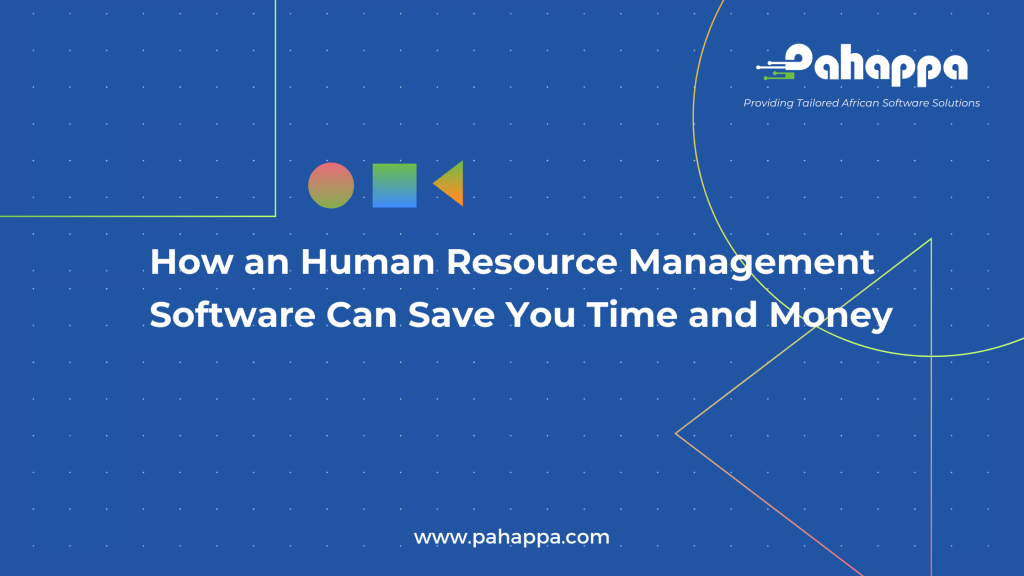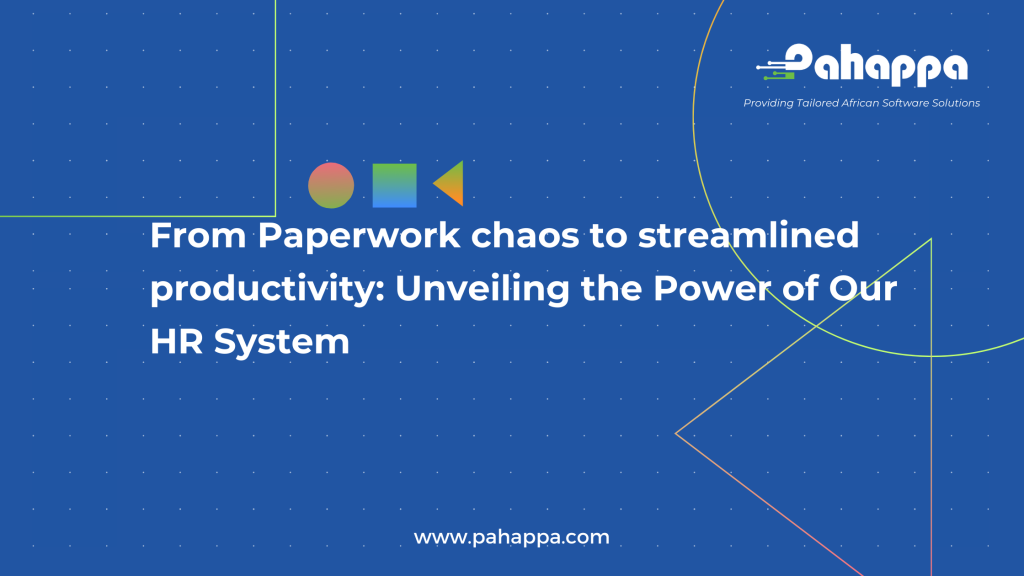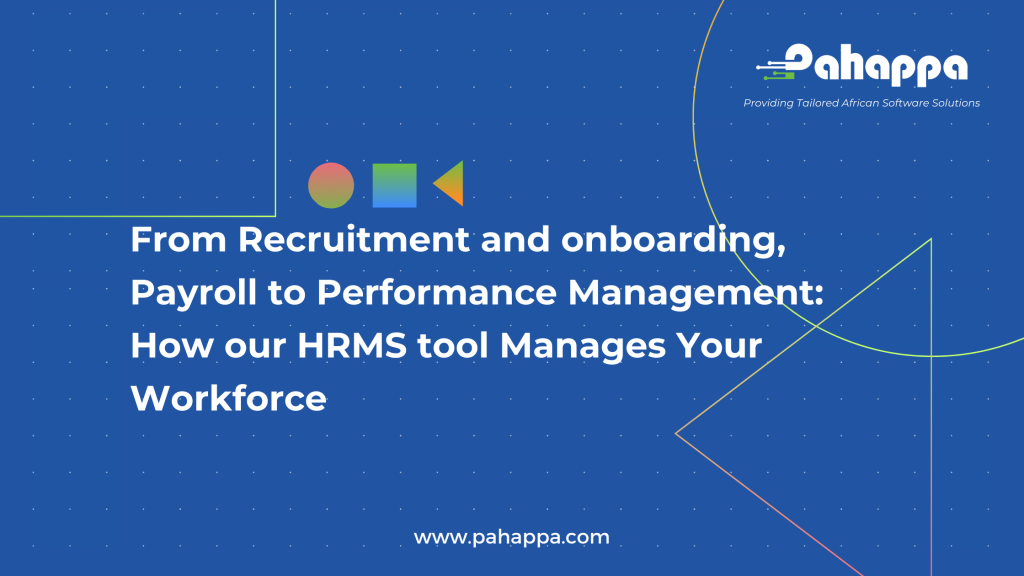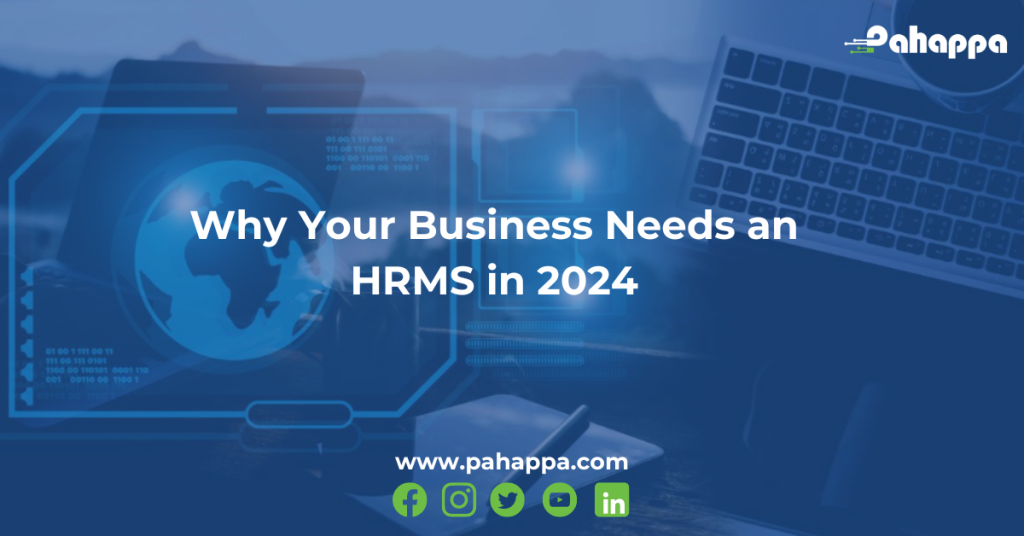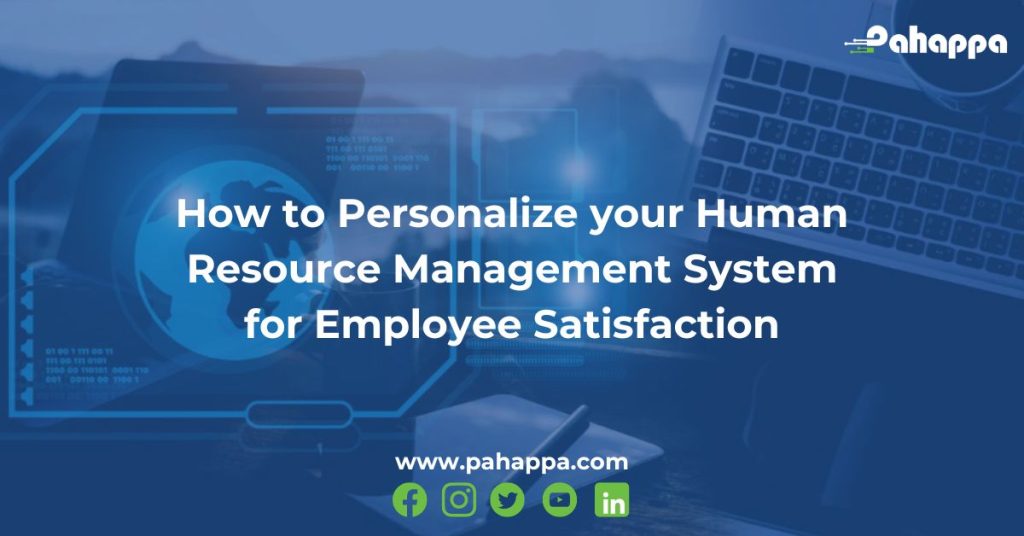HRMIS (Human Resource Management Information System) systems are software platforms designed to streamline and automate HR processes within an organization. These systems offer a range of features and functionalities that can greatly assist HR professionals in managing various aspects of human resource management. With an HRMIS, a company can ease the process of every employee right from recruitment to retirement of a particular employee. Processes like payroll and leave management can be handled without a lot of bureaucracy and time wasted.
Here are some ways in which HRMIS systems can help HR professionals streamline processes:
- Centralized Data Management: HRMIS systems provide a centralized database to store employee information, including personal details, employment history, training records, performance evaluations, and more. This eliminates the need for manual record-keeping and allows HR professionals to access and update employee data efficiently.
- Employee Self-Service: HRMIS systems often include self-service portals that enable employees to access and update their personal information, view pay stubs, request leave, and submit expense claims. By empowering employees to manage certain HR tasks on their own, HR professionals can save time and reduce administrative overhead. This also enhances employee engagement since employees would feel they have a hand in such matters.
- Recruitment and Onboarding: HRMIS systems can streamline the recruitment process by automating job postings, resume screening, applicant tracking, and interview scheduling. Recruitment can be easily vetted by setting a criterion so that whoever applies for a job must meet the criteria before going on to be selected for the next process. Once a candidate is hired, the system can facilitate the onboarding process by managing new employee documentation, orientation tasks, and training programs.
- Attendance and Leave Management: HRMIS systems can track employee attendance, manage leave requests, and calculate leave balances automatically. This eliminates the need for manual timesheets and simplifies the process of tracking and approving employee absences. It also enhances productivity since these processes are easily and automatically tracked to certain employees.
- Performance Management: HRMIS systems often include modules for performance management, allowing HR professionals to set goals, conduct performance appraisals, and track employee progress. Employees can learn how they and their department are doing on certain performance indicators. These systems can automate performance evaluation workflows, provide performance dashboards, and generate reports to facilitate performance discussions and decision-making.
- Training and Development: HRMIS systems can help HR professionals manage employee training and development programs. They can track training needs, schedule training sessions, manage course registrations, and monitor employee progress. These systems can also provide reminders for certification renewals or mandatory training.
- Reporting and Analytics: HRMIS systems offer reporting and analytics capabilities that enable HR professionals to generate customized reports, analyze HR metrics, and gain insights into workforce trends. These insights can support strategic decision-making and help identify areas for improvement in HR processes.
In conclusion, HRMIS systems can significantly streamline HR processes by automating repetitive tasks, centralizing data, empowering employees, and providing valuable insights for effective decision-making. This allows HR professionals to focus on strategic initiatives, employee development, and creating a positive work environment. To know more about HRMIS click here.




